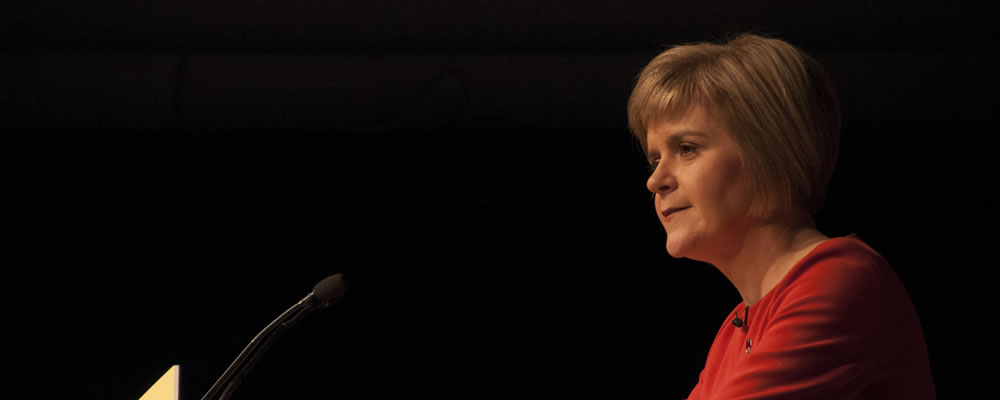The Euro has remained in high demand against the softened Pound today, posting a 0.3% advance in the afternoon.
This still-high demand comes mainly because the Pound has received no positive encouragement, given that earlier Eurozone confidence figures were not especially supportive.
In March, ZEW confidence data showed the Eurozone economic sentiment figure rise against forecasts. Less supportive were Germany’s figures, which revealed under-expectation rises for economic sentiment and current conditions measures in the same month.
[First published 09:38 March 14th 2017]
On the Eurozone side, influence has come from final German and Spanish inflation rate figures, which have shown growth in February. In Germany’s case, the annual advance from 1.9% to 2.2% put inflation at the highest level since 2012.
Other Eurozone support has come from Bloomberg economists estimating Irish growth to rise by 3.5% in 2017, a revision up from the previous 3.1%.
While this Euro positivity is notable ahead of a potential Fed interest rate hike on Wednesday, the Pound has been dominating currency headlines today.
Hitting 8-week lows overall after Monday’s news, the Pound has dropped heavily by -0.5% against the Euro.
This comes after MPs rejected a pair of Article 50 amendments that had been approved by peers. While this was the expected outcome, it still dashed the hopes of those looking for an alteration to the Article 50 bill.
Adding to the economic uncertainty has been Scottish First Minister Nicola Sturgeon’s declaration that there will be a second Scottish independence referendum, in an attempt to keep Scotland inside the EU.
Sturgeon has been realistic about the prospect of a Scotland outside of the UK;
‘[We need to be] frank about the challenges we face and clear about the opportunities independence will give us to secure our relationship with Europe, build a stronger and more sustainable economy and create a fairer society’.
While the Westminster Government holds the power to grant another referendum vote to Scotland, this may ultimately prove unavoidable if Scottish dissatisfaction over Brexit becomes too great to contain.
The Euro could rise further against the Pound in the near-term when German and Eurozone ZEW confidence scores come out. Covering March, both economic sentiment scores are forecast to rise along with German current conditions.
The Pound is conversely predicted to worsen today, given that the only major event is likely to be royal assent of the Brexit bill. This official approval will clear the final hurdle before Theresa May can officially start to take the UK out of the EU and may trigger another sharp Pound drop.
Current EUR GBP Interbank Exchange Rates
At the time of writing, the Euro Pound (EUR GBP) exchange rate was trading at 1.14 and the Pound Euro (GBP EUR) exchange rate was trading at 0.87.



